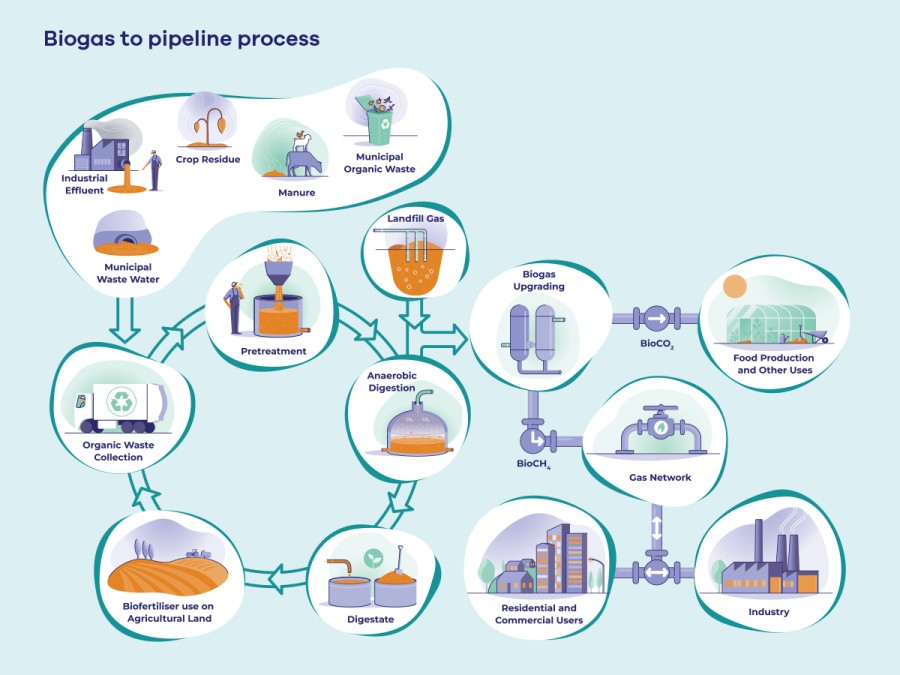Source: iStock image used for illustrative purposes only. Not an actual representation of a Clarus business.
Gas remains an important part of New Zealand’s energy mix.
It’s a confusing time for energy consumers, especially those using gas. There are some opinions out there that New Zealand needs to go 100% electric and that for various reasons our gas supplies are dwindling. Yet, with increasing electricity prices and unreliable/inclement weather conditions it is clear gas remains critical to supporting our country’s variable renewable electricity supply.
Why is natural gas important?
Gas underpins our country’s electricity generation and is the preferred energy choice for over 500,000 kiwi homes, businesses and industry*. Gas helps to fill the gap in meeting energy demand when the wind doesn’t blow, the sun does not shine, and when lake levels are low. People love to cook and heat their homes and hot water with gas, restaurants use gas to create culinary delights and for industry it provides the intense energy required to produce products like cement, glass and steel.
Is there enough gas?
Natural gas is an important part of NZ’s energy mix and people should be confident there is enough gas to meet their needs until renewable gases - such as biogas or hydrogen, become more widely available.
What is the Government and the gas sector doing?
New Zealand has enough natural gas reserves for at least the next decade, and the Government, along with gas producers, large gas users and industry, are committed to ensuring these resources are available for years to come. In addition, the country’s gas infrastructure is well-developed, with pipelines and storage facilities that ensure a continuous supply of gas to consumers.
What will the future of gas look like?
As New Zealand transitions to a lower-carbon future, gas will continue to play a vital role in bridging the gap between our current energy needs and the future availability of renewable gas like green hydrogen and biogas/biomethane. This provides the necessary time to develop and scale up renewable gas technology and build facilities, ensuring that energy security is maintained while the country moves towards a lower carbon energy system.
How does a biogas to biomethane upgrade facility work?
In a New Zealand first, Clarus company, First Renewables, in partnership with Ecogas have built New Zealand’s first biogas to biomethane upgrading facility that turns kerbside food waste into renewable gas. The renewable gas is then piped through the Firstgas pipeline for homes and businesses to use for cooking, heating and hot water.

To learn more about how Clarus businesses Firstgas and First Renewables are supporting the transition to a net carbon neutral New Zealand, visit Future of Energy.

